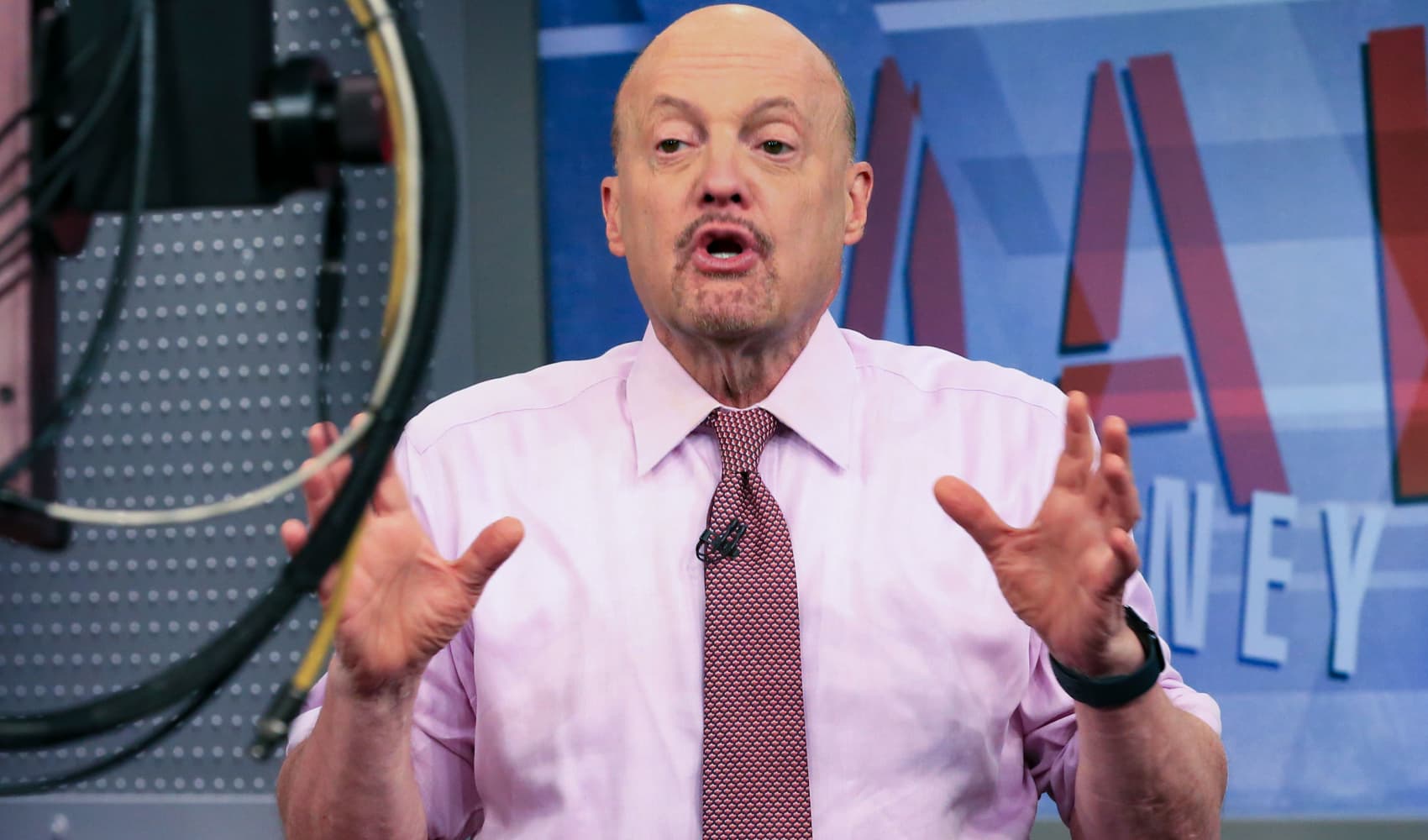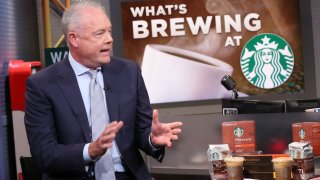
- Starbucks' board is searching for the coffee giant's next CEO after Kevin Johnson announced his plan to retire in April.
- Former CEO Howard Schultz will step in as interim chief executive for his third stint in the top job while the board picks Johnson's successor.
- Whoever takes the reins will inherit a business still recovering from the pandemic, particularly in China, and facing a swelling effort by baristas to unionize.
Starbucks' board is searching for the coffee giant's next CEO after Kevin Johnson announced his plan to retire in April.
Former CEO Howard Schultz will step in as interim chief executive for his third stint in the top job, but he's only expected to stick around until autumn. In the meantime, the board has said it already has a slate of candidates lined up, according to Chairwoman Mellody Hobson.
It's not immediately clear who will be Johnson's permanent successor. Whoever takes the reins will inherit a business still recovering from the pandemic, particularly in China, and facing a swelling effort by baristas to unionize.
Feeling out of the loop? We'll catch you up on the Chicago news you need to know. Sign up for the weekly Chicago Catch-Up newsletter here.
The company is also upgrading its U.S. cafes to match how customers want to order and pick up their coffees and striving to meet ambitious sustainability goals.
"We're looking at all possibilities, so we just want the player and we will leave no stone unturned," Hobson said on CNBC's "Squawk Box" on Wednesday.
Here's who is likely under consideration to be the next Starbucks CEO:
Current COO John Culver
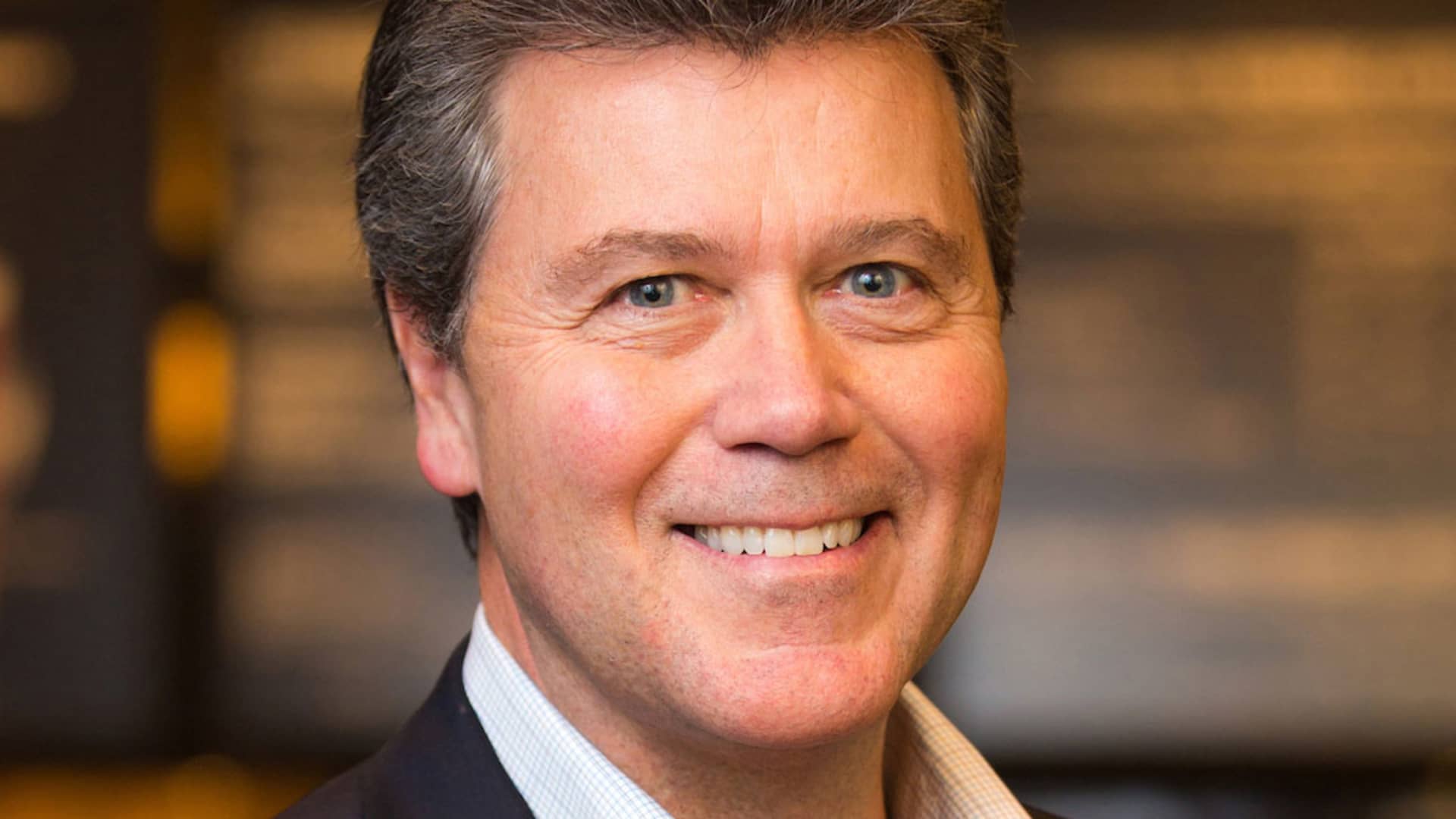
Starbucks has traditionally used its chief operating officer role as a training ground for future CEOs. Johnson served as COO under Schultz for two years before becoming CEO. Former COO Roz Brewer, once thought to be the heir apparent, departed the company in early 2021 to become chief executive of Walgreens Boots Alliance, which is in the middle of a turnaround.
Money Report
John Culver has served as chief operating officer and president of North America since late June. A Starbucks veteran for two decades, he has experience working under Schultz, who will likely have a significant say in the CEO appointment. Culver is also on the boards of Columbia Sportswear and Kimberly-Clark.
But the Starbucks board may be looking for someone with a little more experience.
A former COO
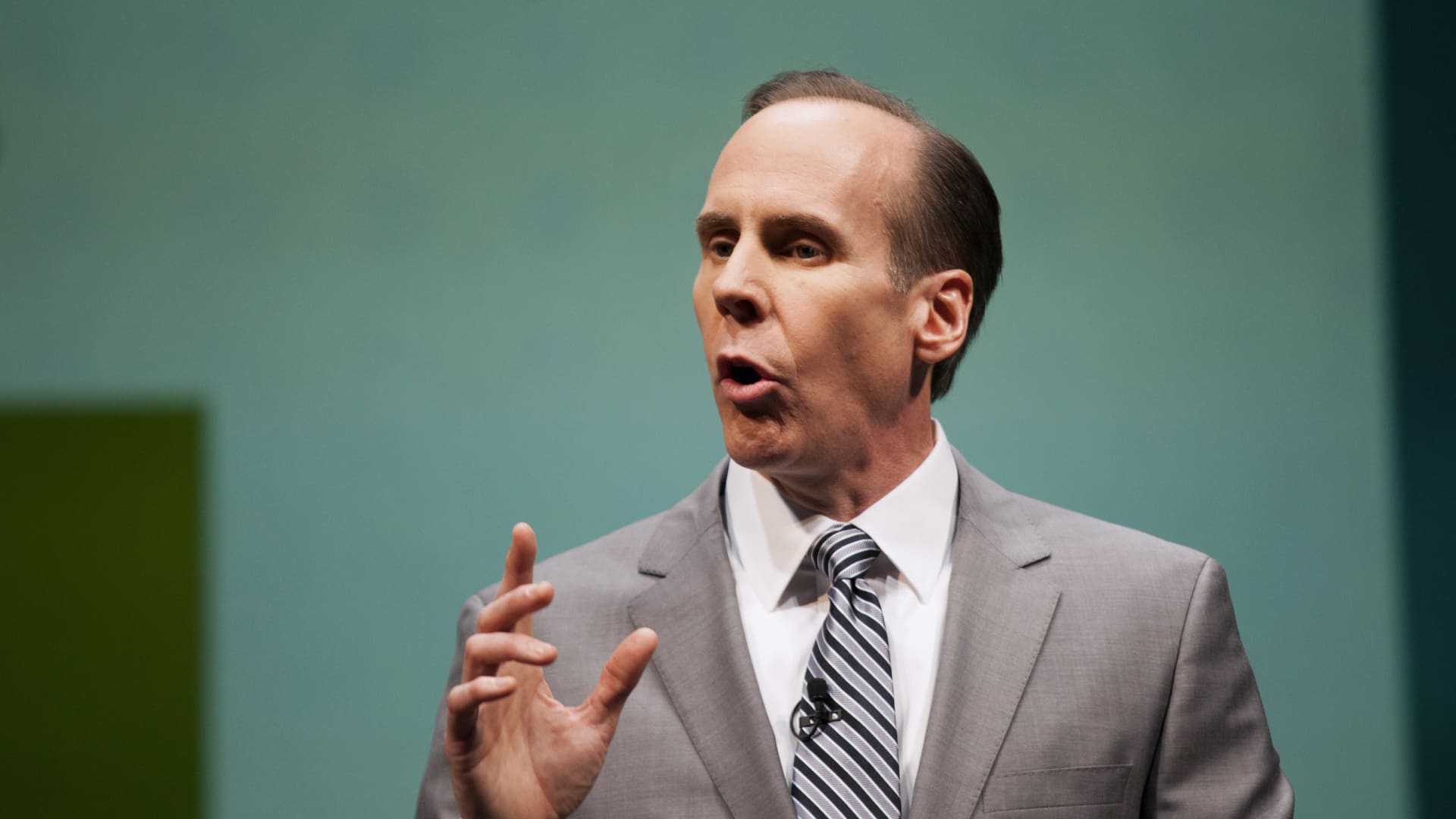
Cowen analyst Andrew Charles put forth former Starbucks COO and CFO Troy Alstead as one of his picks for Johnson's successor.
"We argue former Starbucks COO (and CFO) Troy Alstead, who was beloved by the investment community, ought to be on the short list for the role," Charles wrote in a note to clients on Wednesday.
Alstead resigned from the company in 2016 after a lengthy leave of absence and more than two decades with the coffee chain. At the time of his retirement, he told the Puget Sound Business Journal that he wasn't going back to the corporate world. Johnson was his successor.
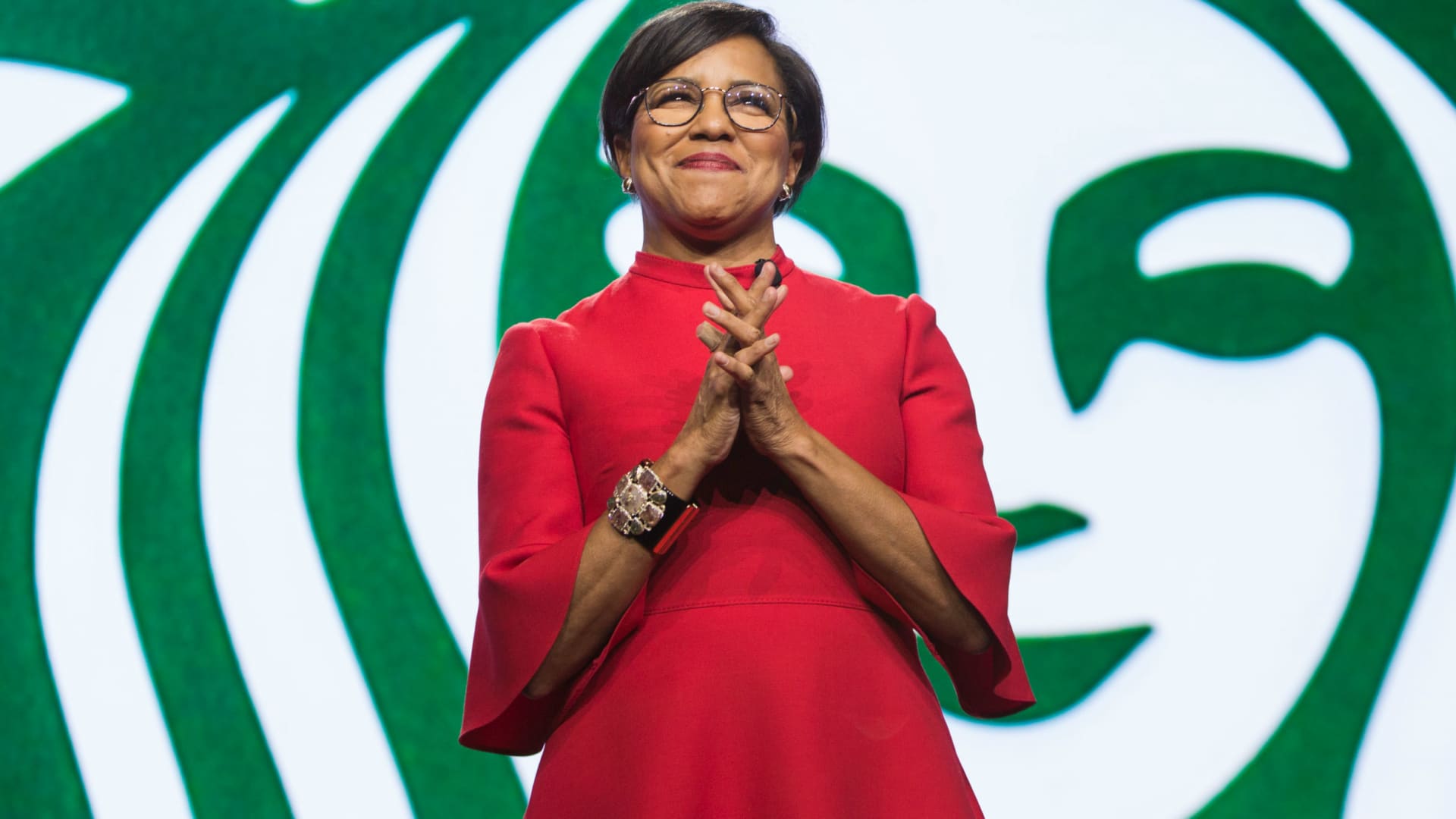
Starbucks could also try to lure Brewer back into the fold, this time for the top job. In comparison to turning around Walgreens' struggling business, Starbucks would offer relatively less stress.
However, the pharmacy chain was likely looking for stability when it hired her and might have asked her to sign a long-term contract that keeps her from departing.
Howard Schultz, again

Yes, Starbucks says that Schultz will only be serving as interim CEO until the fall.
"He's not going to stay for three years," Hobson said Wednesday. "We get him until the fall, full stop. Trust me."
But not everyone's convinced.
"While the company has initiated a search for a permanent CEO and expects to announce this leadership by the fall, we would not be surprised if this transition period leads to a permanent role (again) for Mr. Schultz," BTIG analyst Peter Saleh wrote in a note to clients reacting to the news.
Schultz also said in his own statement that he never thought he would be back at the coffee chain, after he helped turn it into a global brand.
"When you love something, you have a deep sense of responsibility to help when called," he said. "Although I did not plan to return to Starbucks, I know the company must transform once again to meet a new and exciting future where all of our stakeholders mutually flourish."
Investors celebrated the idea of Schultz's return, sending Starbucks shares up nearly 7% in morning trading.
A board member
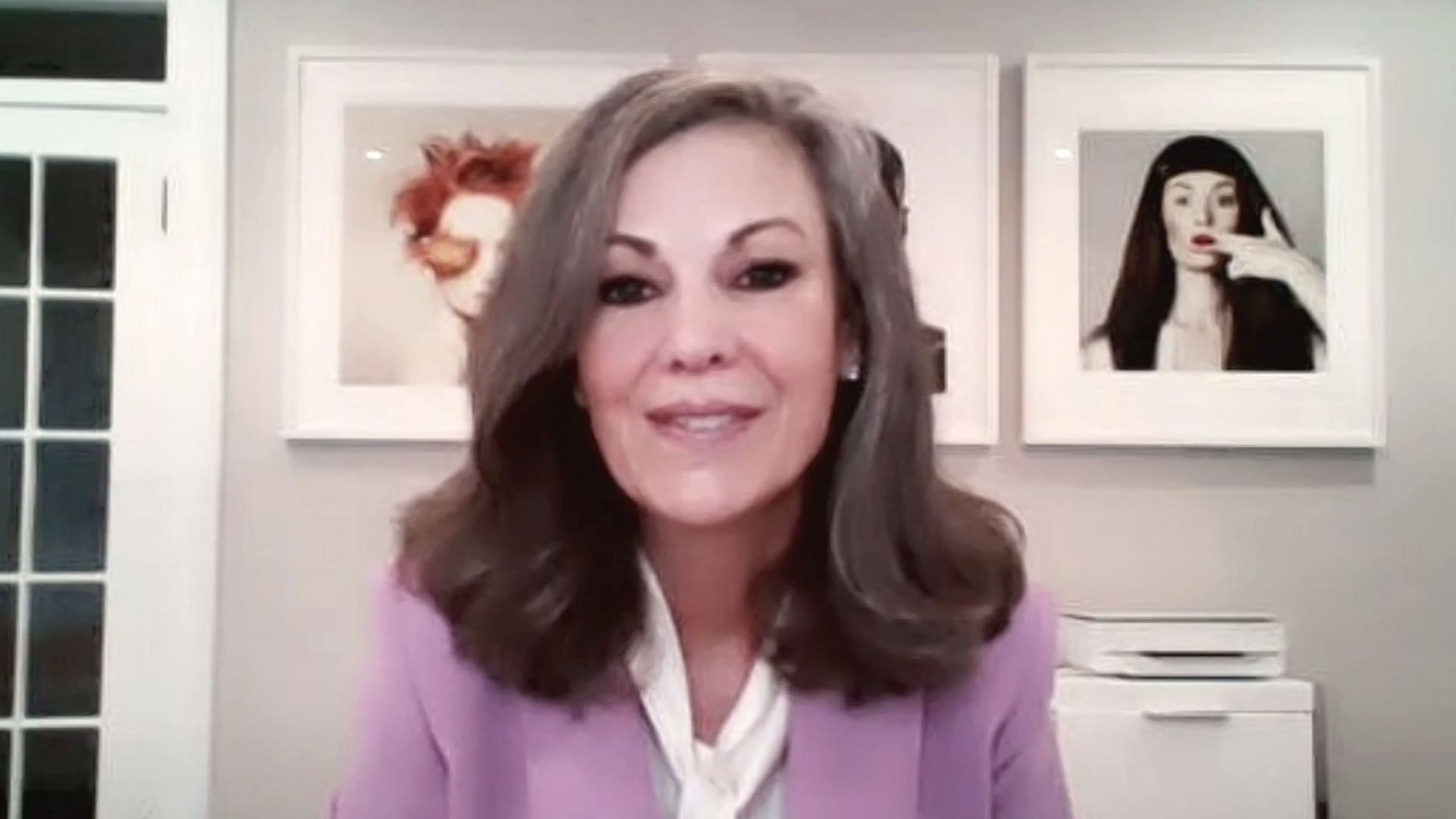
Both Johnson and Brewer were on Starbucks' board before they made the jump to serving as its chief operating officer. While it's rare for the board to pick one of its own, it's not completely inconceivable. Visa, DuPont and General Motors have all selected from among their directors before.
The Starbucks board includes a number of business leaders with strong experience leading consumer companies. Mary Dillon, who retired as CEO of Ulta last summer, has decades of experience, including a stint as McDonald's chief marketing officer. Domino's Pizza CEO Ritch Allison, who has been on the Starbucks board since 2019, recently announced his own retirement. However, he told CNBC he was ready to decamp to his native North Carolina — a far cry from rainy Seattle, where Starbucks is headquartered.
Director-to-CEO appointments tend to happen quickly, though, most after the outgoing CEO resigns or is ousted. According to a Stanford University paper, roughly two-thirds of such elections follow a sudden resignation. Starbucks' board likely wouldn't need another six months to appoint one of its own directors.
Hobson herself has been on Starbucks' board for 17 years and served as its chair for one year. She also serves as co-CEO of Ariel Investments, but her lack of experience leading a consumer-focused company makes her an unlikely candidate.
New blood
Hobson said the company is looking into all possibilities, including external candidates, to take the reins.
An outsider could bring a new vision and ideas to the company. Johnson, for example, leaned on his technology expertise as former CEO of Juniper Networks to bring Starbucks into the digital age, modernizing everything from restaurant ordering to the company's innovation process.
"Given Mr. Johnson's background in tech prior to joining the company, [Starbucks] is likely to conduct a broad search," BMO Capital Markets analyst Andrew Strelzik wrote in a note. "That said, we prefer to see an incoming CEO with strong consumer industry experience."
Tapping an outsider could also help Starbucks as its U.S. baristas push to unionize company-owned locations. To date, roughly 140 Starbucks stores in 26 states have petitioned the National Labor Relations Board to unionize, according to Starbucks Workers United. Six locations so far have voted in favor of a union.
Organizers have accused the company of union busting, which the company denies. The NLRB filed a complaint over accusations Starbucks retaliated against two employees in Phoenix who were seeking to unionize their store location.
"Unionization publicity could be a factor pushing the company to look externally for a corporate culture founded on benevolence by Mr. Schultz," Cowen's Charles wrote.


